

Photo: Yukari Tsunokake , UNICEF Indonesia staff (right) doing an interview with Zelita, 16 (left) at the Wimo building, South Jakarta on 8 March, 2020. Zelita is a member of Markoding, Markoding is a community focused on developing computer programming. Markoding and UNICEF Indonesia, with a funding support by ARM, has been conducting “Empowering Adolescent in Indonesia through Co-creation of Innovative Digital Solutions” programme, a digital innovation incubation programme for adolescents. In this programme, adolescents have been given a challenge to voice their aspirations through digital innovations. UNICEF/Arimacs Wilander
© Arimacs Wilander
Motivate and recognize UN Volunteers
Energetic, inspired, full of ideas when they started; how do you keep your UN Volunteers feeling this way?
Making volunteering a fulfilling experience, for everyone you’re supervising, sounds daunting. Demonstrate the importance of volunteers to your organization by ensuring their contributions are valued and recognized. From a sincere “thank you” to well-timed feedback, boosting morale doesn’t need to be difficult.
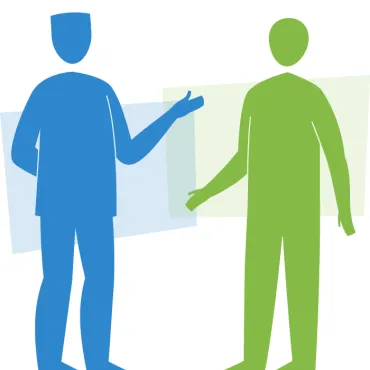
Something in their heart told them to sign up but what, exactly?
Some volunteers are driven by altruism (to help society, create equality). Others answer a social calling (to make connections, build networks). For others, it is instrumental (to hone skills, get UN experience). What they all want to know is the impact of their efforts.
Find out your UN Volunteer’s motivation to understand what they hope to achieve with you and what they need from you to stay inspired. Share your own motivations, identify common values and a sense of shared experience.
• Understand and highlight the part volunteers play in achieving the global goals.
• Create a volunteer-friendly workplace your team can share proudly.
• Ask for their online quiz results. Nine multiple choice questions for them leads to one explanation for you on how best to motivate and reward their personality type.
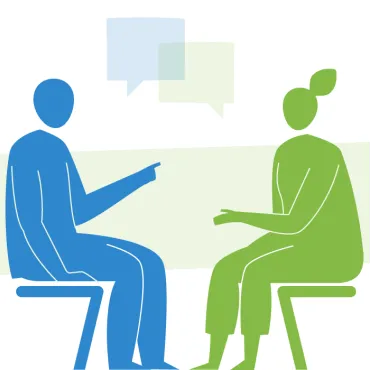
Prepare an annual performance review but remember that regular feedback is a better way to help UN Volunteers remain motivated and positive. Timely and authentic comments inspire volunteers to continuously perform well.
• When they’ve done well, say so – and ask how they managed. Explain how they’ve helped everyone else.
• Specify areas for improvement and how to make it right. Frame criticism as a positive opportunity to learn and grow.
• Mark your calendar on days you gave feedback or praise to see, at a glance, how your UN Volunteer is performing.
For more advice on giving feedback, here’s how to boost your volunteer’s confidence and ability. Or try the Situation – Behaviour – Impact™ technique.
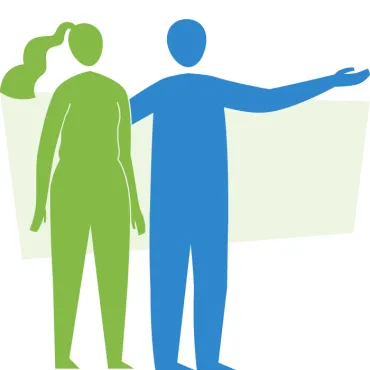
FeedForward, a leadership technique by Marshall Goldsmith helps you convince UN Volunteers that big changes are possible. Consider it essential for your team’s creativity and high performance.
Focus on your volunteer’s motivations and intentions for your time together. Here’s how:
• Challenge the UN Volunteer by asking, ‘What skills do you think you would need to have a bigger impact here?’ Listen to their aspirations and ideas.
• Identify a new goal and suggest two ways to achieve it.
For UN Volunteers aiming to be better public speakers, a chance to present to your team could help them overcome their nerves and build confidence. Invite them to a talk and encourage them to share their insights and reflections on the performance of the speaker.

UN Volunteers are usually busy applying the skills they were chosen for. Support them in identifying learning outcomes from their assignment. Failing to acknowledge acquired skills and competencies makes them invisible and undervalued. This can stifle an individual’s personal development, as well as the transfer and usage of skills in current and future workplaces, hindering performance and mobility.
Together, use these four techniques to acknowledge new skills volunteers are developing:
• Remind your UN Volunteer to fill in our reflection toolkit and Volunteer Reporting Application with skills learnt and recent experience.
• Ask UN Volunteers for feedback and ideas on how you can teach or challenge them in new ways.
• Offer opportunities for practising and demonstrating skills. Think of comfort-zone-stretching assignments and development opportunities through experience, exposure, and education;
• Provide an end-of-assignment letter or performance appraisal to outline and describe skills, old and new, that the UN Volunteer honed and mastered.
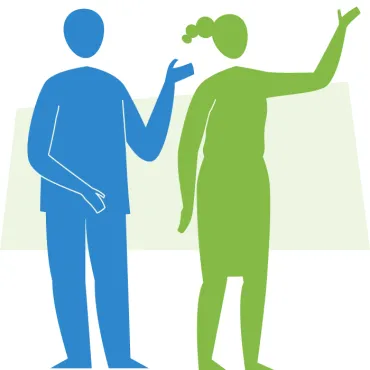
Acknowledging achievements shows UN Volunteers how highly you value them and prize excellence. Setting and celebrating milestones gets your team excited about progress you are making towards your end goal. Credit successful collaborations, obstacles solved, and creative ideas generated. Try these ideas:
• Identify volunteer contributions by email or at team meetings to give them a morale boost and greater sense of accomplishment and achievement.
• Give UN Volunteers the mic so they can share their success with the team in their own words.
• Celebrate team collaborations and the achievement of personal development goals. Recognize a broad range of skills.
• Offer a token of appreciation such as a certificate or gift for an outstanding achievement or volunteering anniversary.
Here’s what makes getting and giving recognition so powerful, plus how to do it best.
For more, watch the ways appreciation transforms behaviour or Dan Ariely’s 20 minute TED Talk, ‘What makes us feel good about our work?’. For practical advice, try 7 morale-boosting techniques with your UN Volunteers and give everyone a greater sense of pride and meaning.
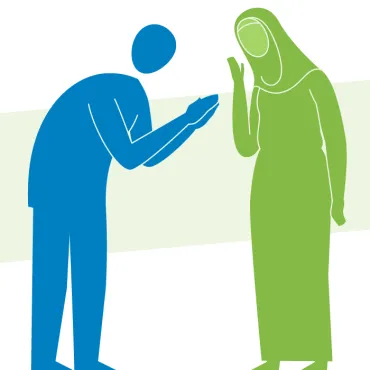
Thanking others is as powerful as being thanked. Share this notion with your UN Volunteers and staff and encourage everyone to say the magic word more often.
For 4 in every 5 people you supervise, sharing gratitude in these ways will do wonders for their work ethic, motivation and teamwork:
• Pen a thoughtful thank you note (on a Post-it, noticeboard, WhatsApp or in MS Teams).
• Share a refreshment or a meal – whether high tea, a shared meal or a celebration cake, create a memory around a small or large milestone.
• Encourage everyone to say thank you – and mean it – when they are grateful to a teammate (volunteers included).
• Start an award for accomplishments or effort using tips from iAppreciate.com. Here, you will also find prompts to help you congratulate someone on their volunteering anniversary.
Read more on creating a thank you culture. See the full study on ‘Influencing Greatness: Giving, Receiving, and Observing Recognition’.